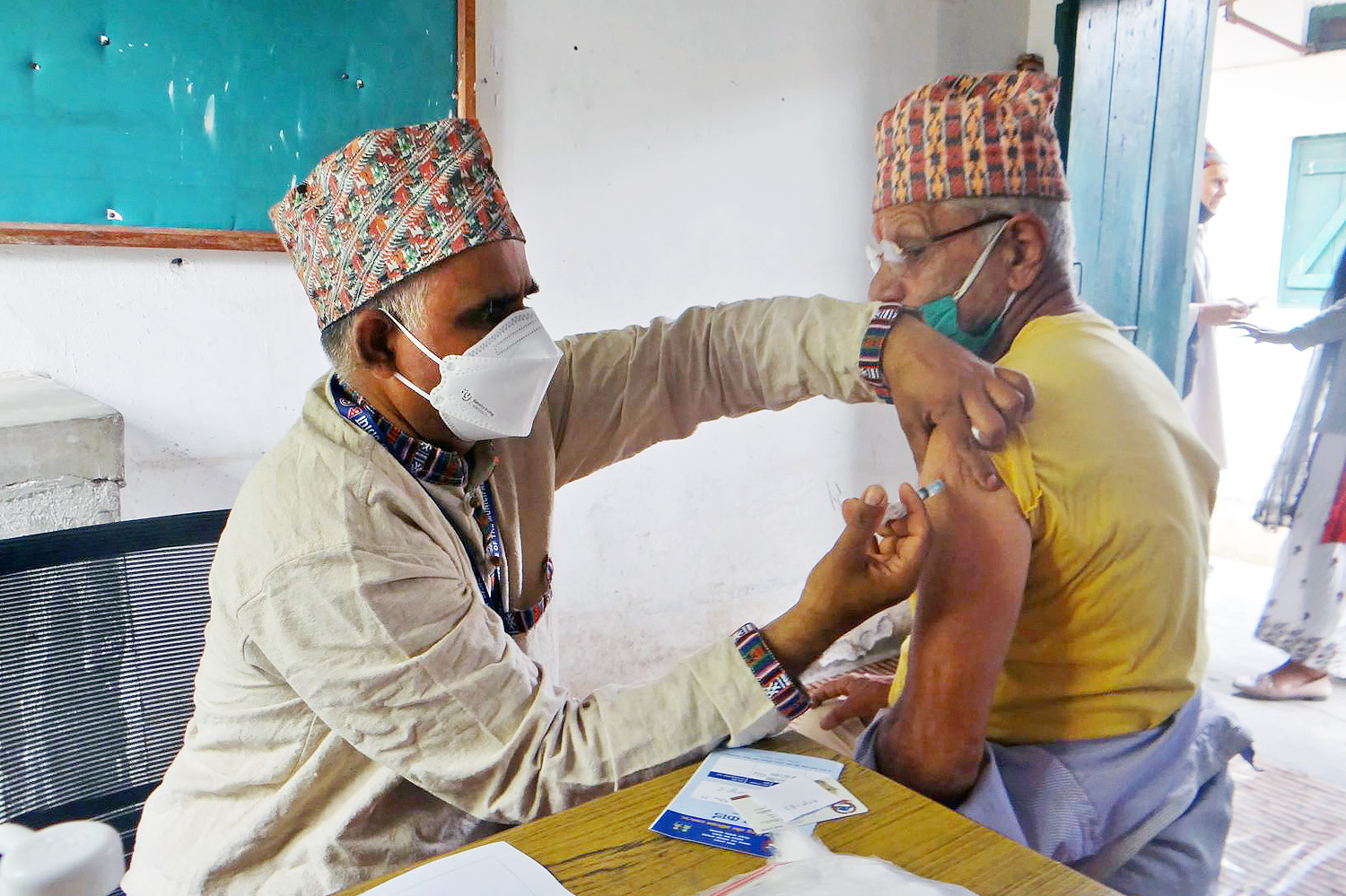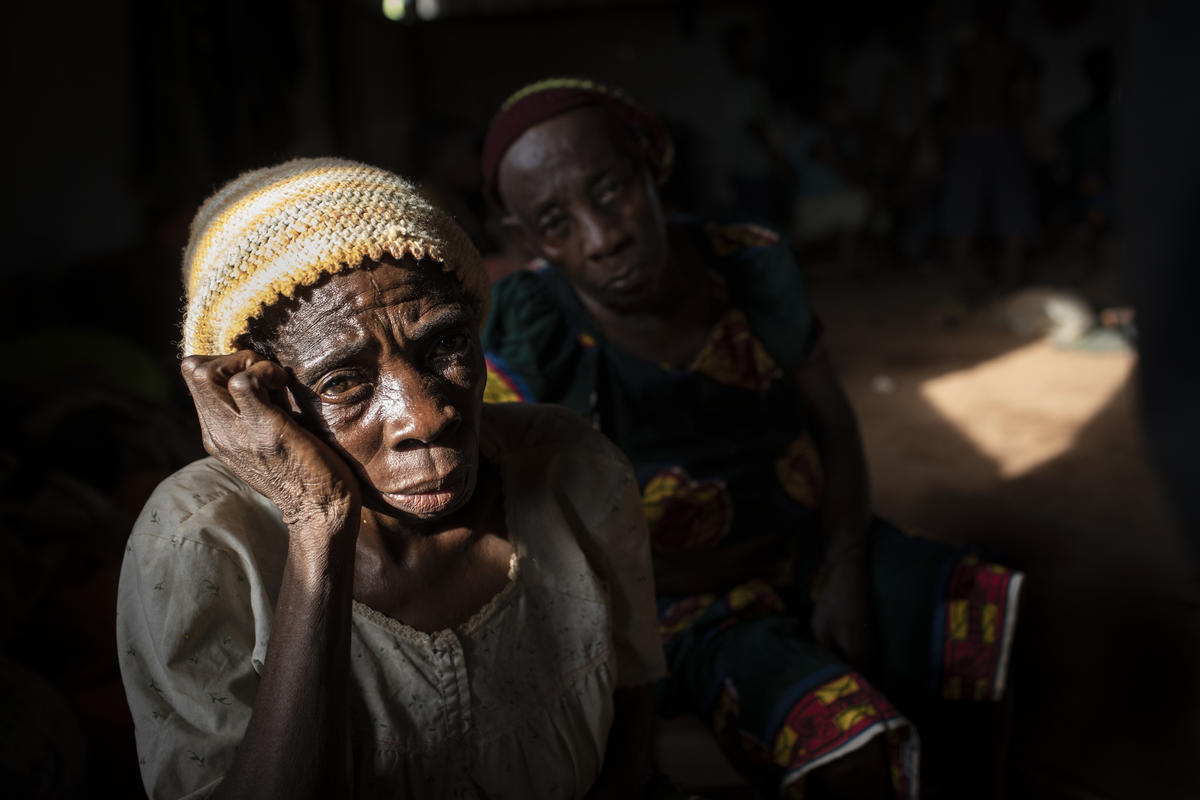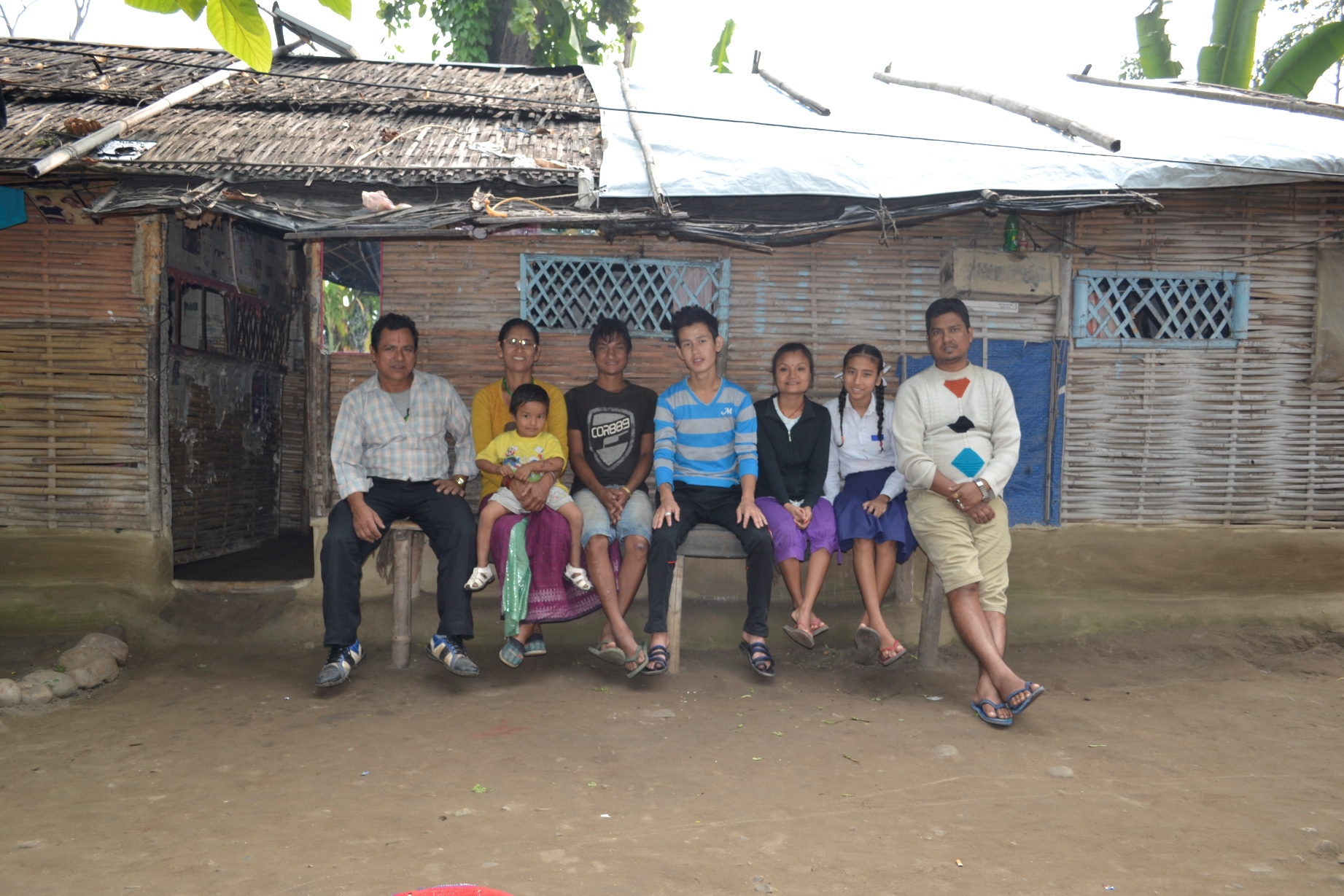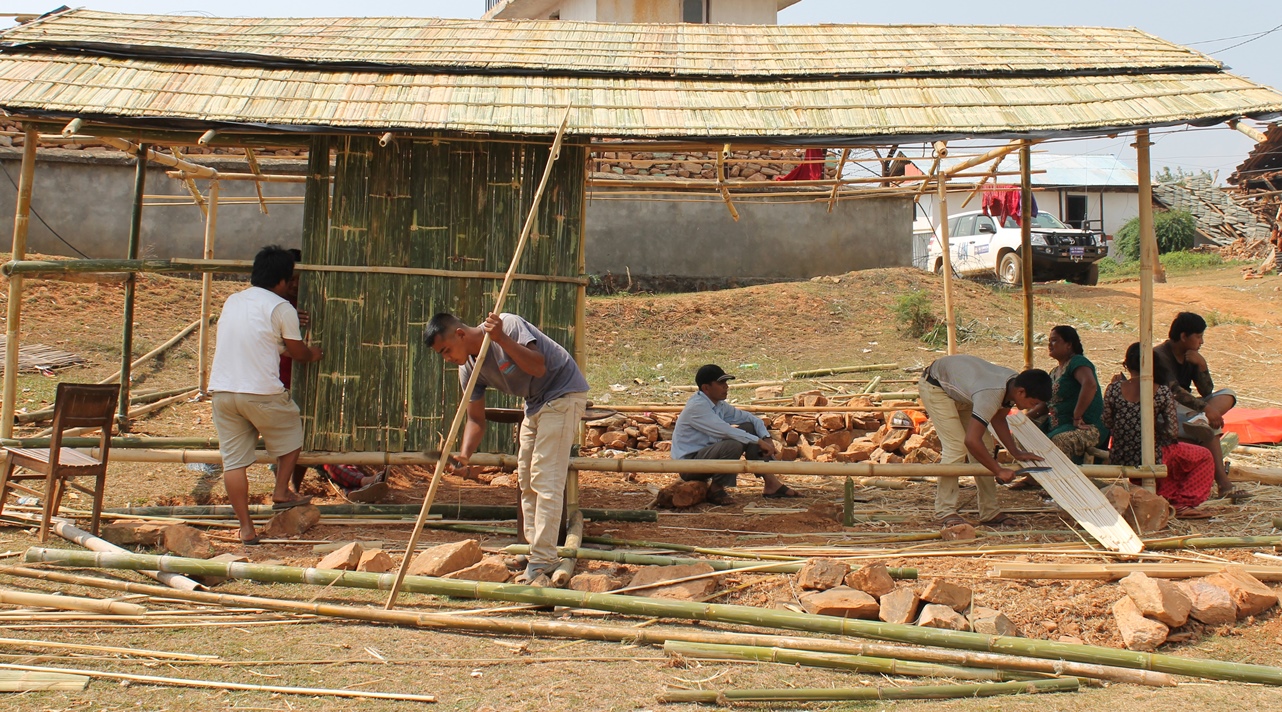Nepal: Generous US resettlement offer may help break Bhutanese deadlock
Nepal: Generous US resettlement offer may help break Bhutanese deadlock
Earlier this week in Geneva, U.S. Assistant Secretary of State for Population, Refugee and Migration Affairs Ellen Sauerbrey announced that the United States was offering to resettle up to 60,000 refugees from Bhutan who have been living in camps in eastern Nepal for 16 years. This extremely welcome and generous offer, plus interest also shown by Canada and Australia in settling these refugees, may help break the deadlock which has existed for many years in finding a positive and lasting solution for these people. We consider that all options should still be kept open for a comprehensive solution to the plight of the refugees.
In one of Asia's most protracted refugee situations, more than 106,000 refugees from Bhutan have been living in seven camps in eastern Nepal since the early 1990s. Years of bilateral negotiations between Nepal and Bhutan have made little progress in resolving this issue so the opportunity of large-scale resettlement is a real spark of hope.
We've known for some time that several resettlement countries were considering accepting refugees from Bhutan, but the US announcement is the first concrete offer.
The way ahead is still complex. Firstly, and most importantly, it's up to the refugees to decide if they want to be resettled. Many have held to the idea of returning to Bhutan and may not want to resettle. Their decision will be respected. But recently, we've noticed more refugees want to be resettled and start a new life. Young adults and children who were born and grew up in the camps and who know Bhutan only from their parents' stories are like youngsters anywhere - they have dreams and career ambitions and can't achieve them sitting in a refugee camp. Vulnerable refugees who find camp conditions particularly tough will also be glad of the opportunity for a less restricted and difficult life in a resettlement country.
We hope the Nepalese government will maximise the opportunity being presented by these interested countries to help resolve this very protracted situation.







